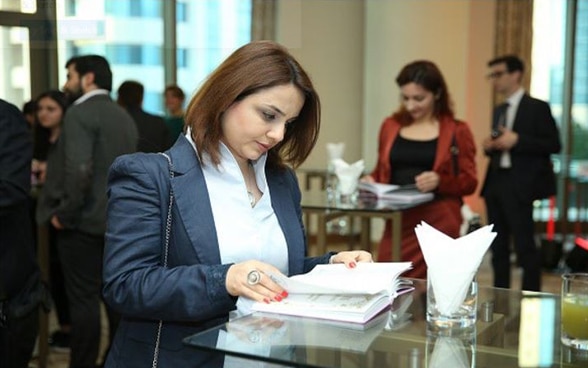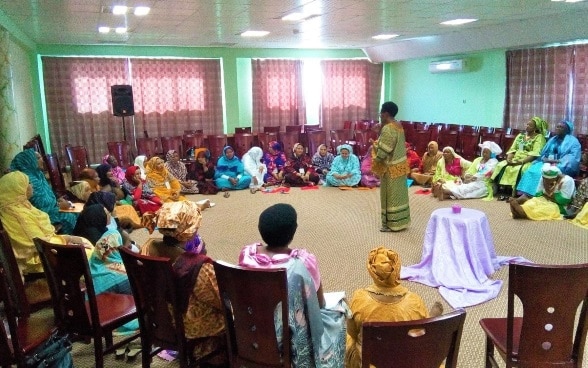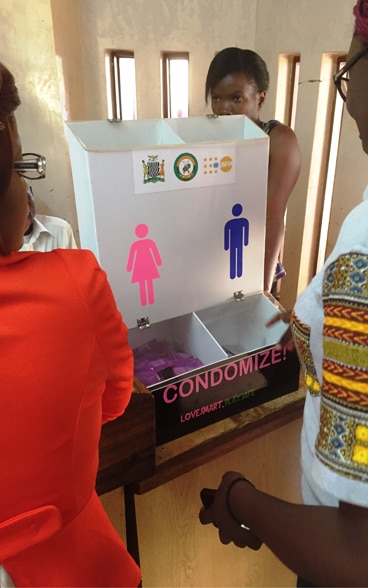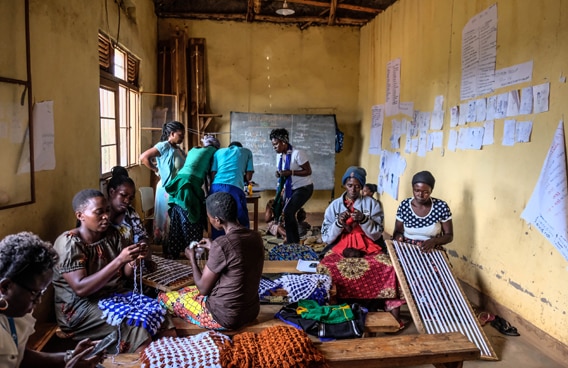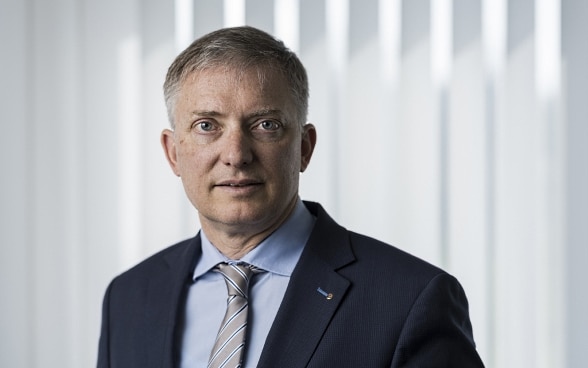What are the Swiss delegation's objectives for the 64th session of the CSW?
Switzerland's main foreign policy concerns peace, security, prosperity, respect for human rights and sustainable development affect women and girls as much as men and boys. Gender equality has become a key pillar of Swiss foreign policy, but the norms that have been achieved in terms of gender equality and women's rights are being increasingly challenged by certain states at the multilateral level. That's why our main objective is to defend these standards.
Can Switzerland really have an impact at the global level in terms of achieving gender equality and protecting women's rights?
Switzerland has valuable expertise in specific areas such as women's empowerment, combating all forms of violence against women including domestic violence, participation in economic, political and social life, as well as access to healthcare. We also have an excellent reputation as a bridge-builder at the multilateral level, which creates trust among the stakeholders involved in Swiss projects.
Following on from Switzerland's national action plan to implement UN Security Council resolution 1325 on women, peace and security, we are also working to ensure that women are able to contribute actively to conflict prevention and peace processes as well as post-conflict state reconstruction and reconciliation processes. Switzerland is also committed to better protection for women worldwide, particularly against sexual violence.
Switzerland aims to combat gender inequality worldwide, particularly via its international cooperation work. Will this also be part of the Dispatch on International Cooperation 2021-24?
Gender equality has been one of Switzerland's international cooperation priorities for a number of years and has long been mainstreamed in the organisation and programmes of the units working in this area mainly, the Swiss Agency for Development and Cooperation (SDC), the Human Security Division (HSD), and the State Secretariat for Economic Affairs (SECO).
The previous international cooperation dispatch (2017-20) was the first to state the explicit aim of strengthening gender equality and the rights of women and girls. Switzerland is also committed to implementing the 2030 Agenda for Sustainable Development including goal 5, which is to achieve gender equality and empower all women and girls. And because gender equality is also fundamental to a world free of poverty, this aspect has been included in the new international cooperation dispatch.

